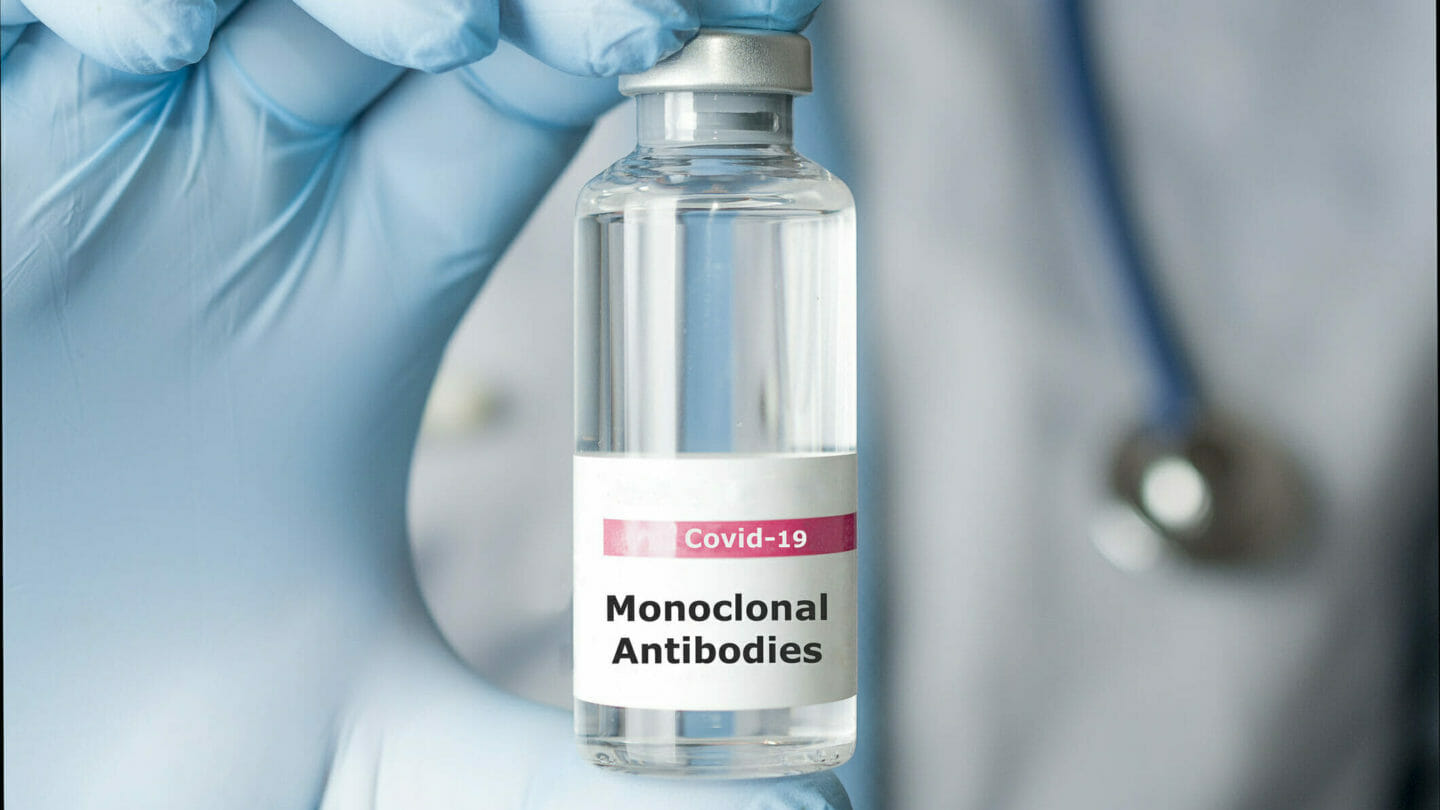
Drugmaker AstraZeneca has asked the Food and Drug Administration to authorize the use of its long-acting monoclonal antibody drug therapy for the prevention of COVID-19.
The treatment, known as AZD7442, is designed to be used as a preventive measure to boost immunity for up to one year after a single, intramuscular injection. If approved, the drug would be the first long-acting COVID-19 antibody treatment on the market, the company said Tuesday.
Other approved COVID-19 antibody therapies typically provide protection for a month or two, according to an Associated Press report. AstraZeneca said it uses technology which more than triples the durability of the drug’s action compared to conventional antibodies.
It is likely that AZD7442 will be restricted for use in people who are immunocompromised or have other conditions that prevent them from building an adequate immune response to COVID-19 vaccines, the company said.
The filing for authorization includes data from a phase 3 clinical trial showing that the drug lowers the risk of developing symptomatic COVID-19 by 77%. In addition, preliminary findings suggest that AZD7442 neutralizes the SARS-CoV-2 viral variants that currently are in circulation, including the delta and mu variants, the company said.
The drug is a combination of two long-acting antibodies, tixagevimab and cilgavimab. These were derived from cells donated by patients recovering from illness caused by the SARS-CoV-2 virus.
More clinical trial results are expected to be announced later this year.




